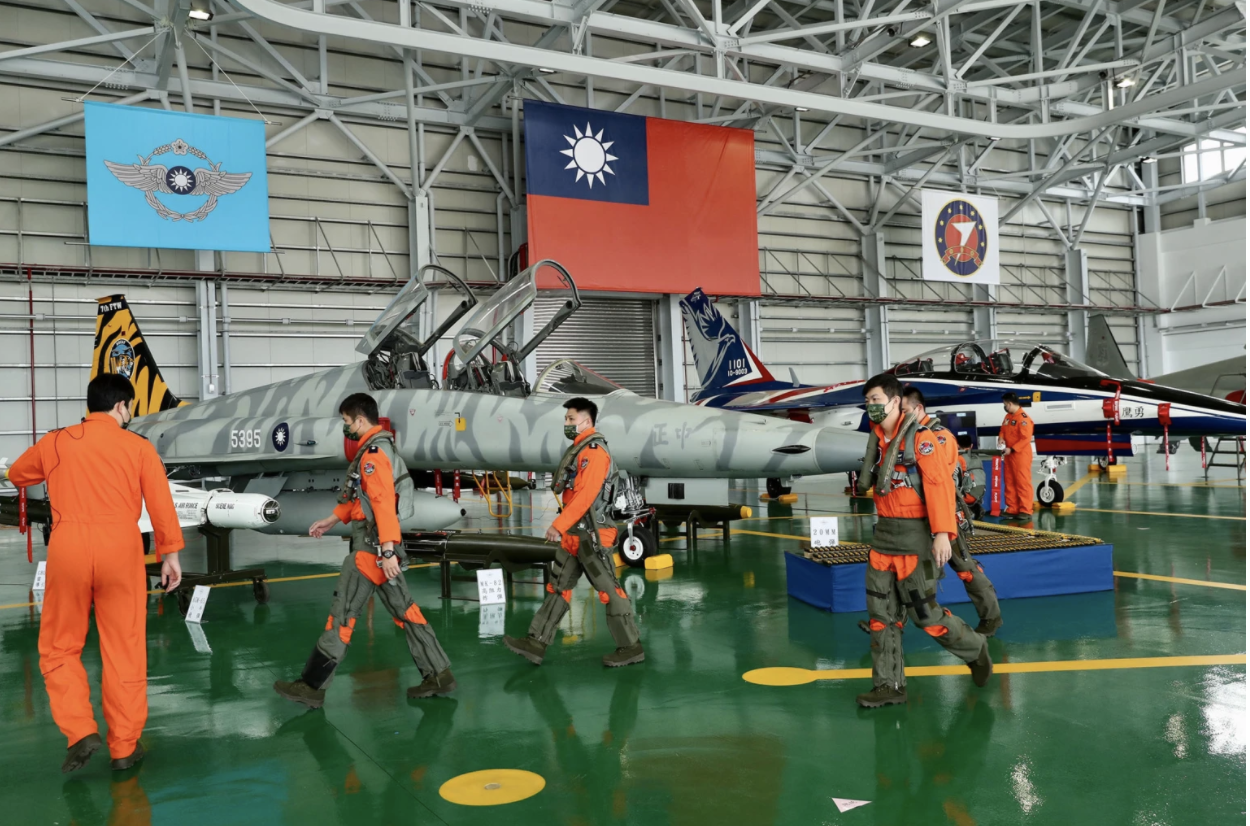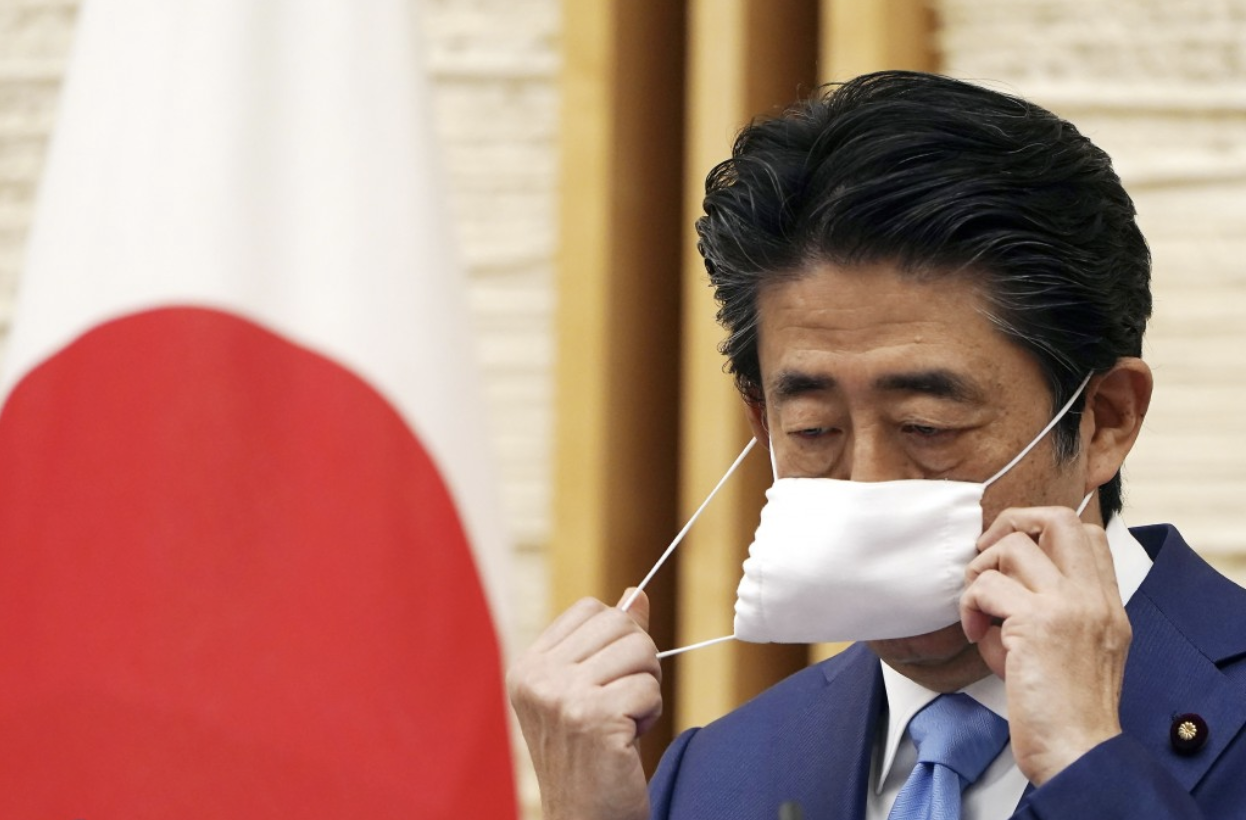Chinese Warplanes Reported in Taiwan Airspace as Tensions Continue to Rise
Taiwan detected 39 Chinese warplanes in its Air Defense Identification Zone nearly a month earlier. Photo: Ritchie B. Tongo / EPA
On Thursday, Feb. 24, Taiwan’s Ministry of National Defense reported nine Chinese warplanes in their Air Defense Identification Zone (ADIZ). The ADIZ is a zone of international airspace in which air traffic controllers identify incoming aircraft, and is commonly used as a national security barrier.
Eight Shenyang J-16 fighter jets and one Y-8 tactical reconnaissance aircraft breached the southwest corner of the zone on Thursday, prompting a scrambling of Taiwanese fighter jets in response.
The very next day, four more J-16 fighter jets were spotted in the same corner of the zone, prompting yet another response from the Taiwanese air force.
These developments follow a similar situation in which 39 warplanes breached the ADIZ in January, highlighting a continual effort from Chinese air assets to assert control over Taiwanese air space.
Following the invasion of Ukraine, Chinese officials have made a conscious effort not to compare the two situations. China’s Foreign Ministry spokesperson, Hua Chunying, spoke a day before the invasion began, saying “Taiwan for sure is not Ukraine. Taiwan has always been an inalienable part of China. This is an indisputable legal and historical fact.”
That being said, Chinese officials have also hesitated to denounce Putin’s invasion of Ukraine, potentially signaling that Xi Jingping believes the West is considerably weakened by the developments. If true, this could accelerate any invasion plans of Taiwan that the CCP have.
However, these fears may generally be unfounded. On Monday, the Biden Administration announced that a group of former senior defense officials, including Mike Mullen, former chairman of the Joint Chiefs of Staff, would be visiting the island nation this week.
Though this meeting is unofficial, it is certainly being used by the Biden Administration as a signal to their Asian allies that the West has not forgotten about them in the midst of the Ukraine crisis. It is a common fear amongst Taiwanese people that the Ukraine crisis is distracting the West from Chinese aggression. Through this visit, Biden seems keen on dispelling that fear.
Former prime minister of Japan Shinzo Abe. Photo: AP Photo
Likewise, Japan’s former prime minister Shinzo Abe stressed in a television interview the importance of Taiwan to Japan’s national security, calling for Washington to abandon its so-called “strategic ambiguity” on Taiwan’s defense. With all these factors at play, China risks seriously entrenching Taiwanese foreign support if it rushes the situation, akin to the Ukraine crisis.
While there are serious concerns about Taiwanese security in light of the Ukraine crisis, there are no concrete pieces of intelligence or international efforts that would indicate an invasion is imminent. For the foreseeable future, we will have to wait to see how China might leverage Russia’s own aggression in its desire to reunite China.


